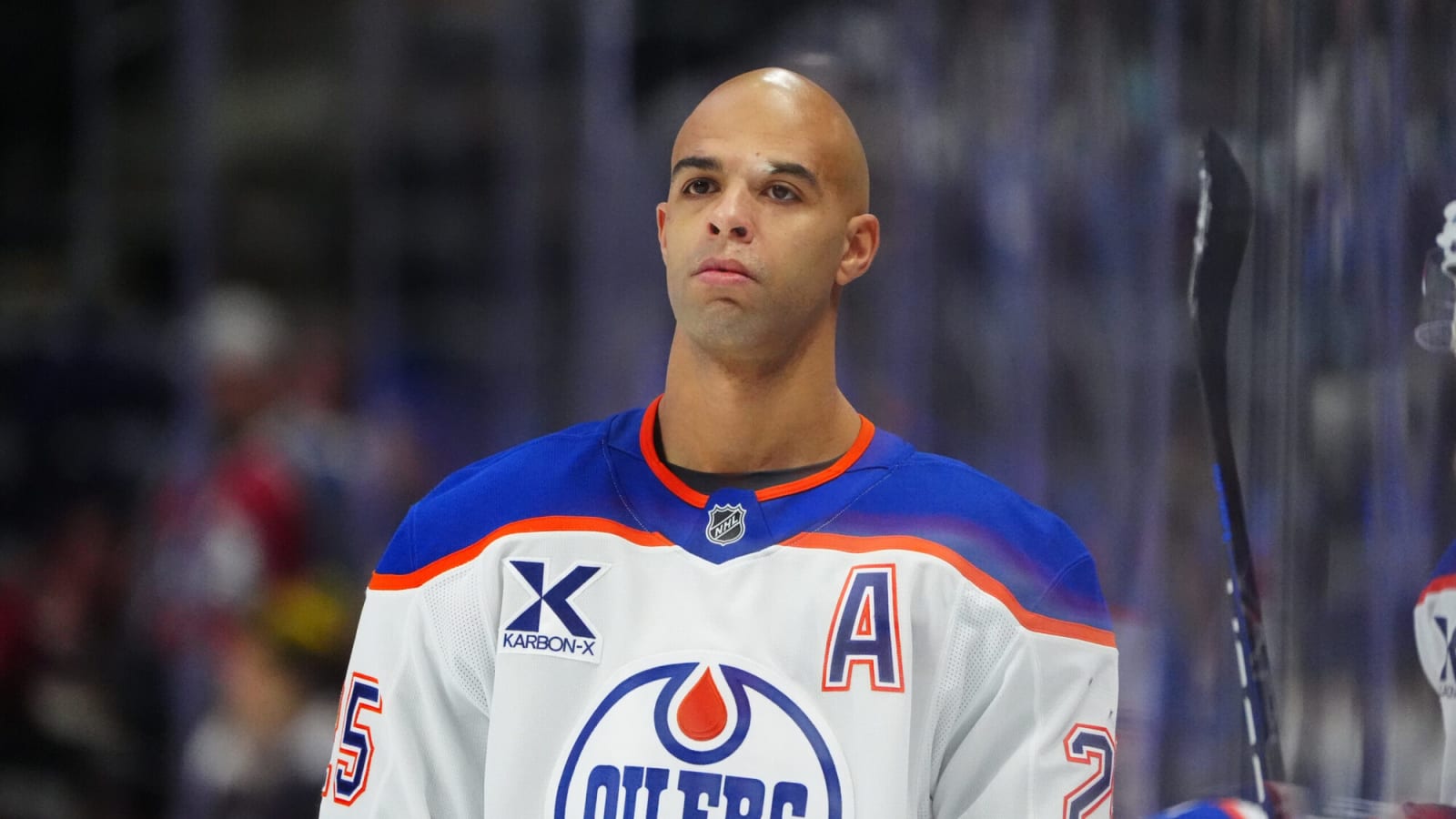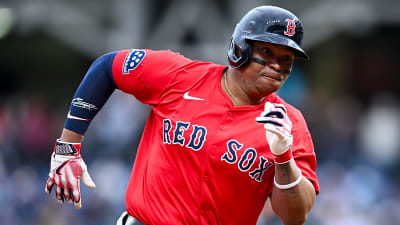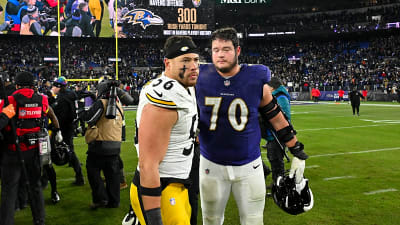
It feels like it’s been a while since we’ve seen the Edmonton Oilers completely fall apart, especially when they had so much control.
Unfortunately, Game 1 wasn’t meant to be, as they allowed five goals in the final frame. It was a combination of poorly timed penalties, bad special teams, and immaturity. The good news is that they typically respond well after disappointing outcomes, so expect a more complete performance tonight.
After 40 minutes, there wasn’t much to complain about. They controlled the game at 5-on-5, and the penalty kill looked encouraging, killing one-half of Brett Kulak’s penalties. The powerplay even scored its first road goal of the postseason. You wonder how the outcome would’ve been if Darnell Nurse’s shot was a few centimetres to the left, rather than right off the post. Nevertheless, it wasn’t meant to be, but there were plenty of positives from that opening matchup. However, they must make a few tweaks to avoid another negative outcome.
The penalty kill has to be the place to start. Edmonton initially did a good job forcing Dallas to make plays they didn’t want to, whether forcing a shot or passing, because of how well they clogged lanes and applied pressure. When the puck game was cleared and the zone entries came, there was chaos so that Dallas couldn’t establish control. In the final frame, Edmonton didn’t necessarily lose its identity; besides the Matt Duchene goal, the Stars adapted.
Dallas began to move pucks quickly and simply. The Miro Hesikanen goal came from an easy back-and-forth and then a shot through traffic. They took away Stuart Skinner’s eyes on that goal and then the Mikael Granlund goal shortly after. They played into the Oilers’ pressure system.
“They moved the puck a lot quicker, and that’s how you alleviate pressure,” said Jason Demers on how the Stars succeeded in the third period. “When you’re playing a really aggressive penalty kill, especially up top like the Oilers, you’ve got to move the puck quickly and use the bumpers.”
“Clearing the netfront is going to be important,” continued Demers. “They need to make it hard for those Dallas forwards to get to the net. You look at the [Miro] Heskinanen goal, Mason Marchment is firmly right in front of Stuart Skinner. Then, on the Granlund goal, [Jason] Robertson had time to get to the net and do a flash screen. Their penalty kill overall has been horrendous compared to last year, which helped them get to the final. Mattias [Ekholm] will help them when he’s back.”
The easiest way to help your penalty kill is by not taking unnecessary penalties. The second Kulak call and the Corey Perry call felt weak. They’re in the battle and just felt too soft for a postseason call. However, you’d like to see more control from Perry, considering he’s 200 feet away. The Evander Kane call was avoidable, too. He’s trying to make a good defensive play, but he should’ve realised that was going to Duchene’s backhand. Four penalties aren’t an unreasonable amount to take. Still, when three come so quickly after one another, you’re asking for trouble, especially against a Stars powerplay converting at 30%.
More must-reads:
- Maple Leafs reportedly showed interest in acquiring Flyers defenseman
- Hurricanes-Panthers takeaways: Florida pushes Carolina to brink with dominant Game 3
- The 'NFL QBs with the most rushing touchdowns in a single season' quiz
Breaking News
Trending News
Customize Your Newsletter
 +
+
Get the latest news and rumors, customized to your favorite sports and teams. Emailed daily. Always free!








